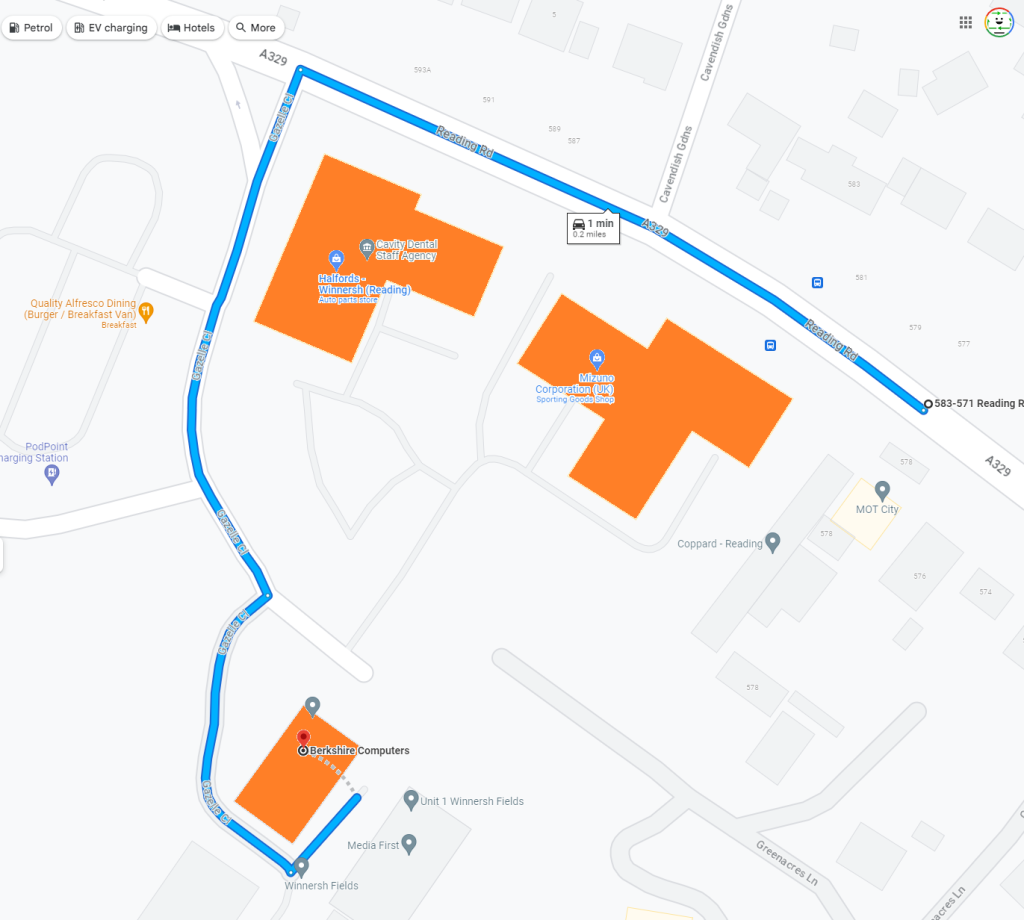Troubleshooting Sudden PC Shutdowns During High-Demand Gaming
If you are an avid gamer or PC enthusiast, encountering unexpected shutdowns while playing demanding games can be one of the most frustrating experiences. One user recently shared their concerns about their custom-built PC shutting down during intense gameplay sessions, specifically while playing “Baldur’s Gate 3” and “Frostpunk 2.”
Having built this PC nearly two years ago without any prior issues, the sudden onset of these shutdowns raised alarms. The computer would abruptly power off, leaving the screen black, and the only way to revive it was to switch the power supply unit (PSU) off and back on. This not only disrupts gaming sessions but also raises questions about the integrity of the hardware.
The user suspects that the PSU might be the culprit. They are currently using an FSP Hydro Pro rated at 750 watts. Known for its reliability in the industry, FSP was chosen based on positive recommendations. Yet, upon reviewing PCPartPicker, the estimated power consumption for the user’s system clocks in at roughly 616 watts, suggesting that the PSU should theoretically have enough headroom to handle the load.
For anyone experiencing similar issues, it’s essential to conduct a thorough examination of your setup. Here are some troubleshooting tips that could help identify the root cause:
-
Check the Power Supply Unit (PSU): A failing PSU can lead to sudden shutdowns. Consider testing the PSU if you have access to a multimeter or trying a different PSU altogether to see if the problem persists.
-
Inspect Temperatures: High temperatures can cause PCs to shut down to protect components. Monitor your CPU and GPU temperatures using Software tools to ensure they are within safe limits during gameplay.
-
Review Hardware Connections: Loose or faulty connections can lead to instability. Make sure all cables and cards are securely connected.
-
Examine Software Reports: Review the Event Viewer in Windows for any critical errors that occurred around the time of the shutdown. This can provide clues to what might be going wrong.
-
Run Diagnostic Tests: Consider using stress-testing Software to put your components under load and observe their behavior, which may help replicate the issue.
If you’re in a similar situation, don’t hesitate to dive into your system’s specifications and share your experiences with the community. Collaborating with fellow tech enthusiasts can offer valuable insights and potential solutions to get your gaming rig back on track. If
Share this content:



